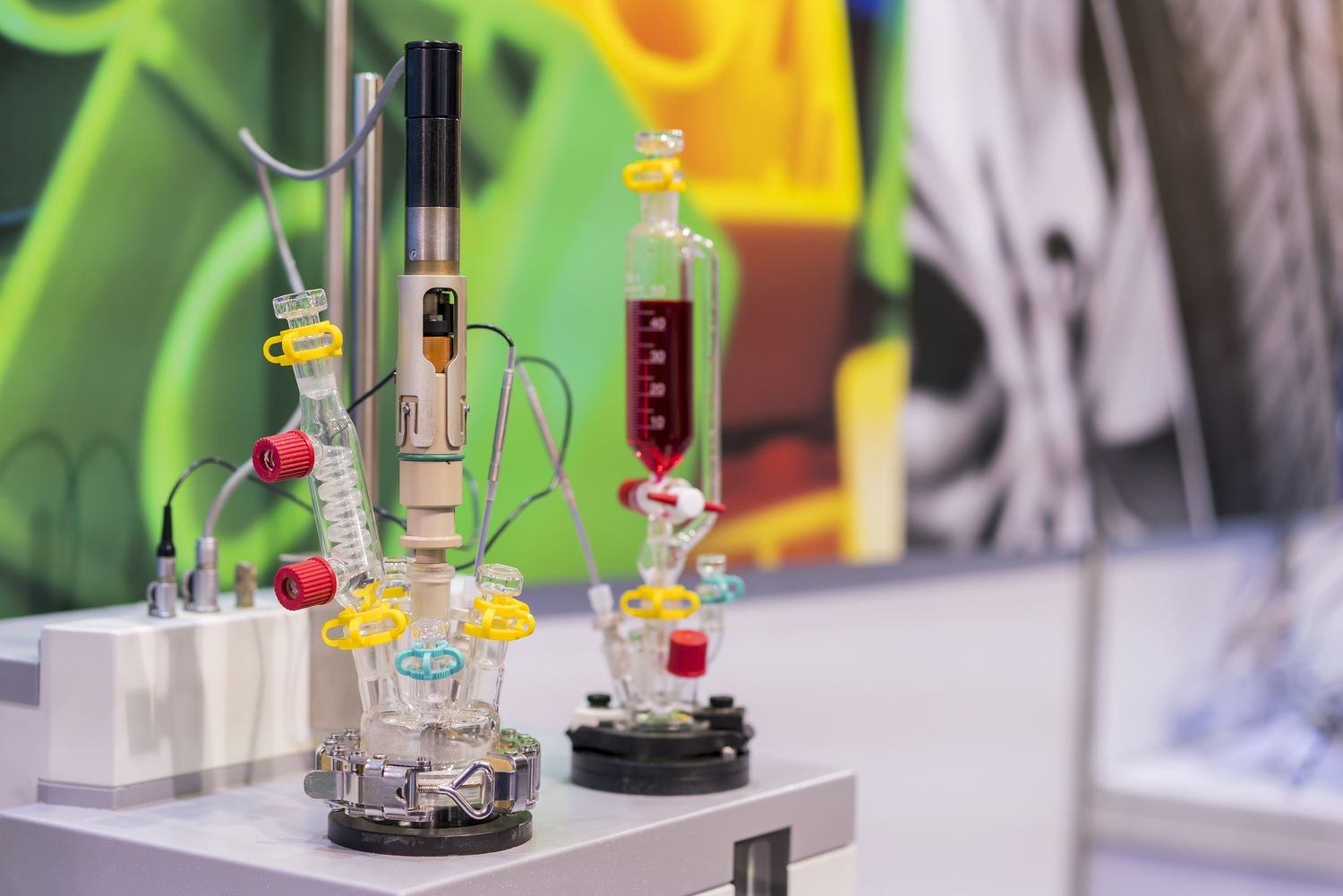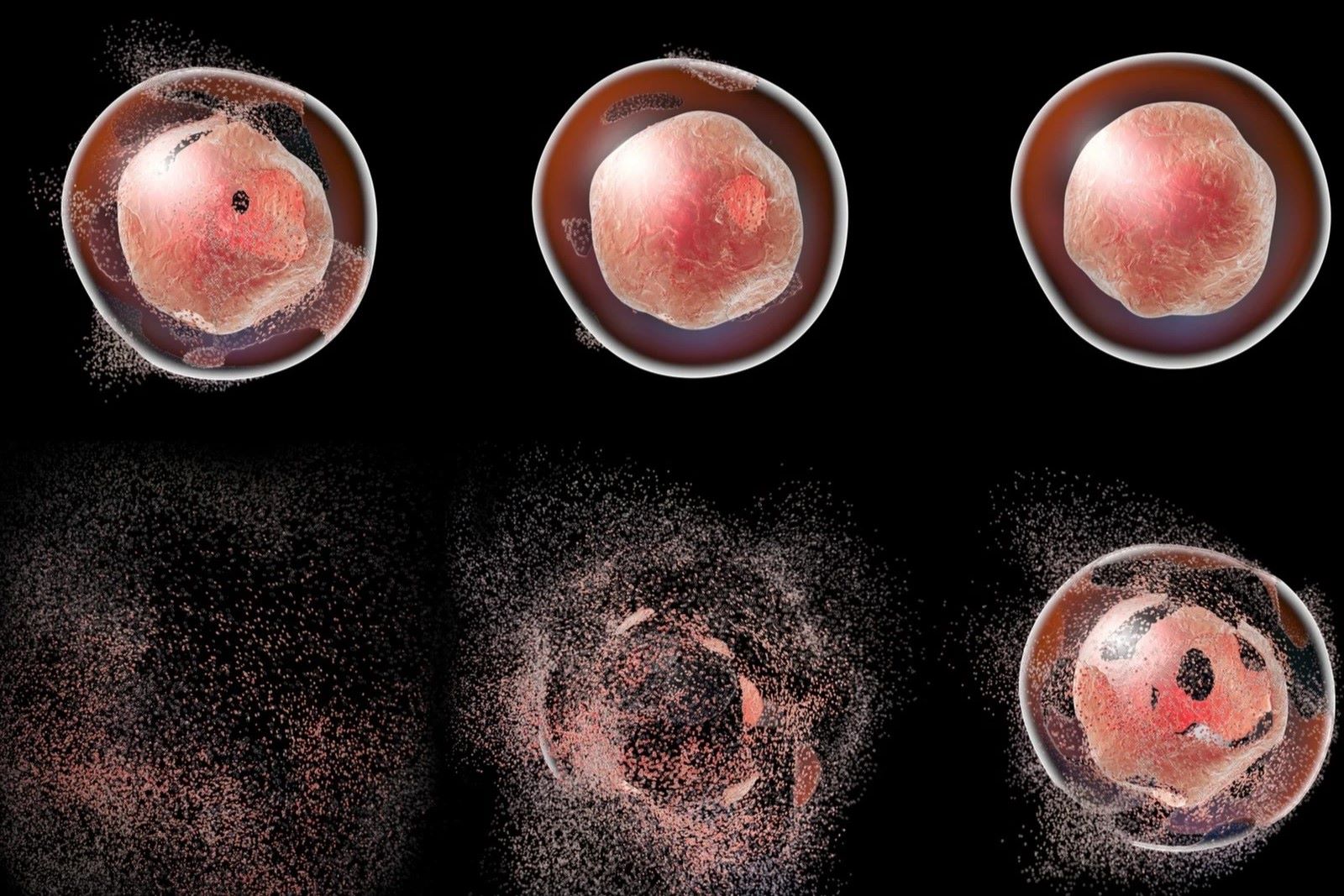
Distillation is a process that separates components from a liquid mixture by using selective boiling and condensation. Ever wondered how your favorite spirits like whiskey or vodka are made? Distillation plays a key role in that! This method isn't just for making drinks; it’s also used in purifying water, creating essential oils, and even in the production of gasoline. Imagine turning saltwater into drinkable water or extracting fragrant oils from flowers. Distillation makes it possible. From ancient alchemists to modern scientists, this technique has been a game-changer. Ready to learn some cool facts about this fascinating process? Let's dive in!
What is Distillation?
Distillation is a process used to separate components in a mixture based on differences in their boiling points. This method is widely used in industries, laboratories, and even in homes. Here are some fascinating facts about distillation.
-
Ancient Origins: Distillation dates back to ancient civilizations, including Mesopotamia and Egypt, where it was used to produce perfumes and essential oils.
-
Alchemists' Tool: Medieval alchemists used distillation to try and transform base metals into gold and to create elixirs of life.
-
Alcohol Production: One of the most common uses of distillation is in the production of alcoholic beverages like whiskey, vodka, and rum.
How Distillation Works
Understanding the mechanics of distillation can help appreciate its applications and significance. Here are some key points about how distillation operates.
-
Boiling Points: Distillation relies on the fact that different substances have different boiling points. By heating a mixture, components can be separated as they vaporize at different temperatures.
-
Condensation: After vaporization, the vapor is cooled in a condenser, turning it back into liquid form, which is then collected.
-
Fractional Distillation: This advanced form of distillation separates mixtures into multiple components by using a fractionating column, which allows for more precise separation.
Types of Distillation
There are various types of distillation, each suited for different purposes. Here are some of the most common types.
-
Simple Distillation: Used for separating liquids with significantly different boiling points, such as water and ethanol.
-
Steam Distillation: Ideal for extracting essential oils from plants, this method uses steam to carry volatile compounds to a condenser.
-
Vacuum Distillation: By reducing the pressure, this method allows distillation at lower temperatures, useful for heat-sensitive substances.
-
Azeotropic Distillation: This technique breaks azeotropes, which are mixtures that boil at a constant temperature, making separation difficult.
Applications of Distillation
Distillation is not just limited to producing alcoholic beverages. It has a wide range of applications across various fields.
-
Water Purification: Distillation can remove impurities and contaminants from water, making it safe to drink.
-
Petroleum Refining: Fractional distillation is crucial in refining crude oil into gasoline, diesel, and other petroleum products.
-
Chemical Industry: Many chemicals are purified and separated using distillation, including solvents and reactants.
-
Pharmaceuticals: Distillation helps in the production of high-purity solvents and active pharmaceutical ingredients.
Fun Facts About Distillation
Distillation has some quirky and interesting aspects that might surprise you. Here are a few fun facts.
-
Moonshine: During Prohibition in the United States, illegal distillation of alcohol, known as moonshining, became widespread.
-
Space Distillation: NASA has experimented with distillation in space to understand how microgravity affects the process.
-
Perfume Industry: Distillation is essential in creating perfumes, capturing the essence of flowers and other natural materials.
-
Historical Significance: The first recorded distillation of alcohol was by Arab chemist Al-Kindi in the 9th century.
Environmental Impact of Distillation
While distillation is incredibly useful, it also has environmental implications. Here are some points to consider.
-
Energy Consumption: Distillation is energy-intensive, requiring significant amounts of heat, which can contribute to carbon emissions.
-
Waste Products: The process can generate waste products that need to be managed to avoid environmental harm.
-
Water Use: Large-scale distillation processes often require substantial amounts of water, which can strain local resources.
Innovations in Distillation
Recent advancements have made distillation more efficient and environmentally friendly. Here are some innovations.
-
Membrane Distillation: This technique uses a membrane to separate components, reducing energy consumption compared to traditional methods.
-
Solar Distillation: Utilizing solar energy to heat the mixture, this method offers a sustainable alternative for water purification.
-
Hybrid Systems: Combining distillation with other separation techniques, like adsorption or crystallization, can enhance efficiency.
Distillation in Everyday Life
Distillation isn't just for industrial or scientific use; it also plays a role in daily life. Here are some everyday applications.
-
Essential Oils: Many people use distilled essential oils for aromatherapy, skincare, and natural remedies.
-
Homemade Spirits: Home distillation kits allow enthusiasts to create their own spirits, although legality varies by region.
The Final Drop
Distillation has shaped industries, from crafting fine spirits to producing essential oils. This ancient process, dating back to ancient Mesopotamia, remains vital today. It separates substances based on boiling points, ensuring purity and quality.
From the creation of perfumes to the production of clean water, distillation's impact is vast. Its role in the petrochemical industry can't be overstated, providing fuels and raw materials for countless products. Even in the pharmaceutical world, distillation ensures the purity of medicines.
Understanding distillation's principles helps appreciate its applications in daily life. Whether enjoying a glass of whiskey or using distilled water in a car battery, this process touches many aspects of modern living. So next time you encounter a distilled product, you'll know the fascinating science behind it. Cheers to the wonders of distillation!
Was this page helpful?
Our commitment to delivering trustworthy and engaging content is at the heart of what we do. Each fact on our site is contributed by real users like you, bringing a wealth of diverse insights and information. To ensure the highest standards of accuracy and reliability, our dedicated editors meticulously review each submission. This process guarantees that the facts we share are not only fascinating but also credible. Trust in our commitment to quality and authenticity as you explore and learn with us.


